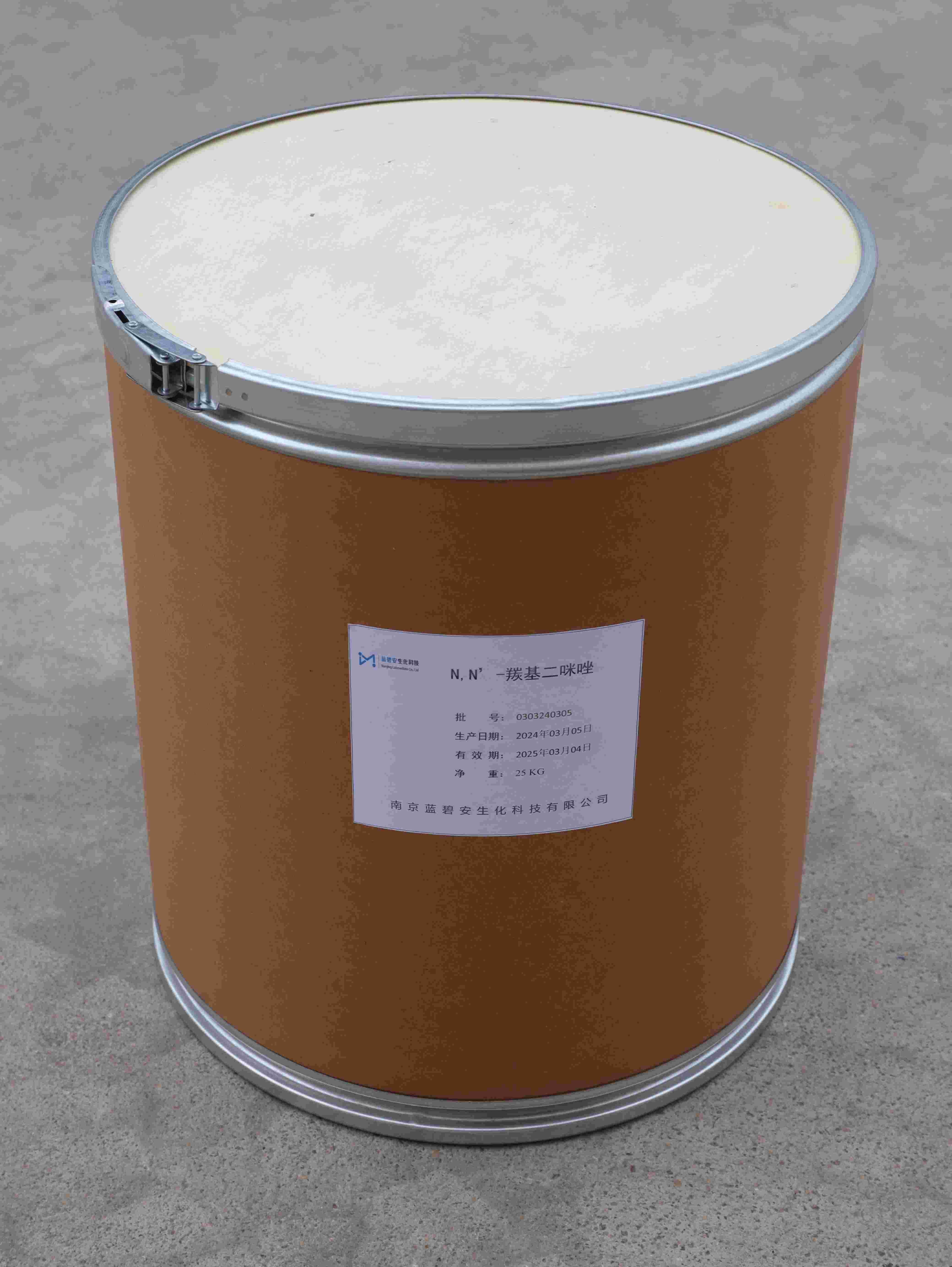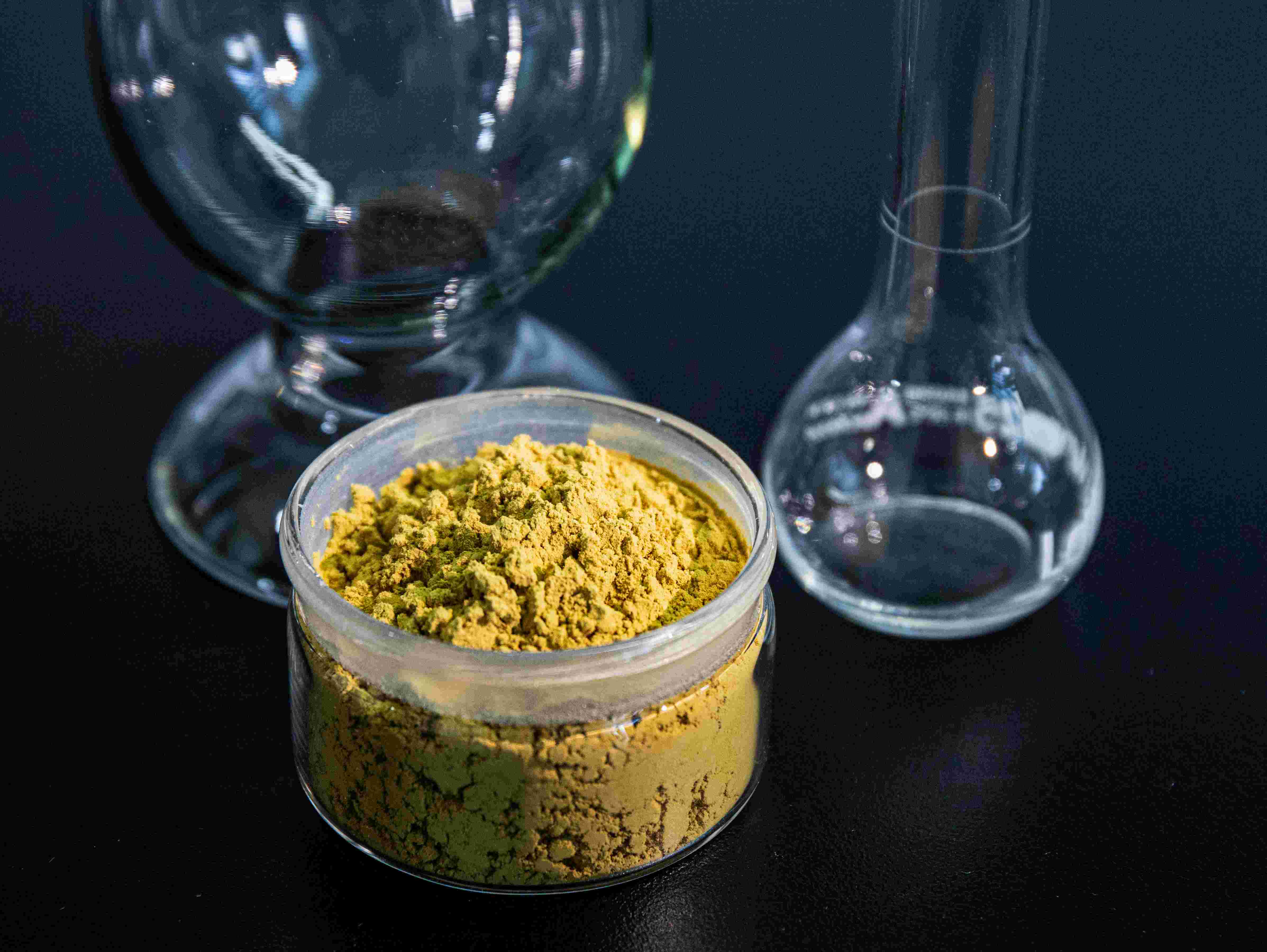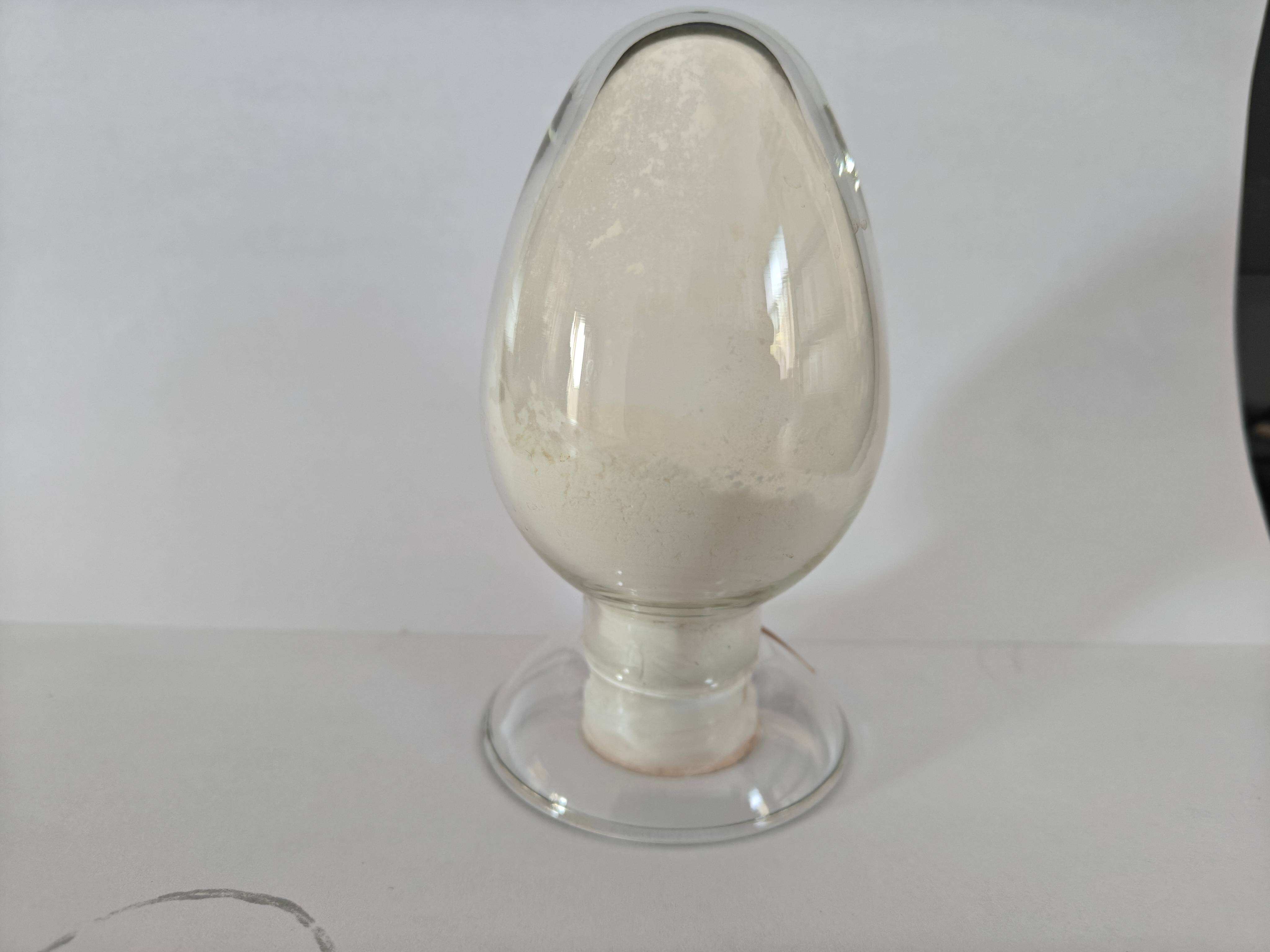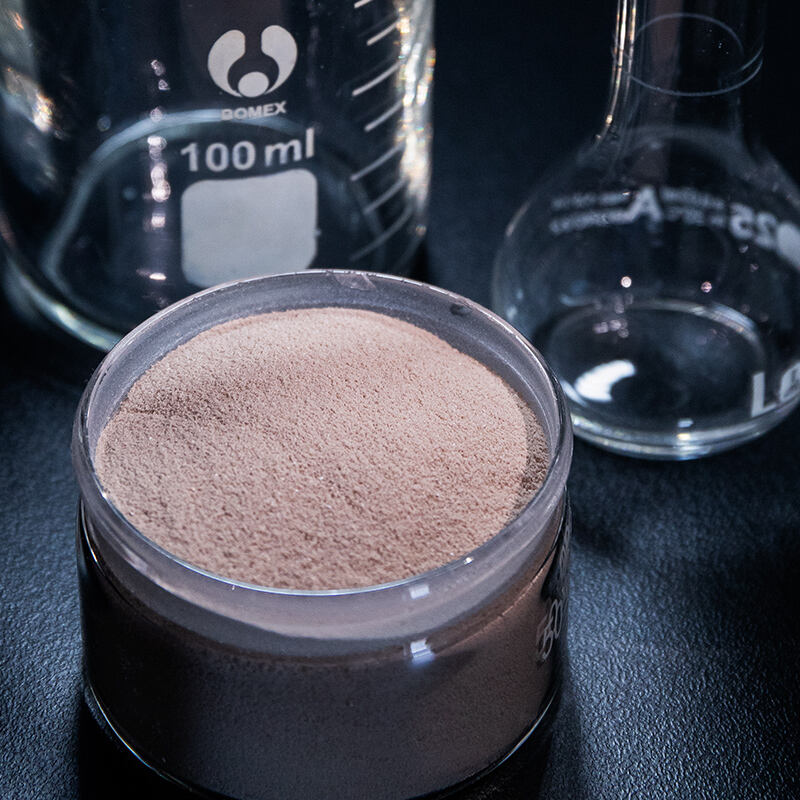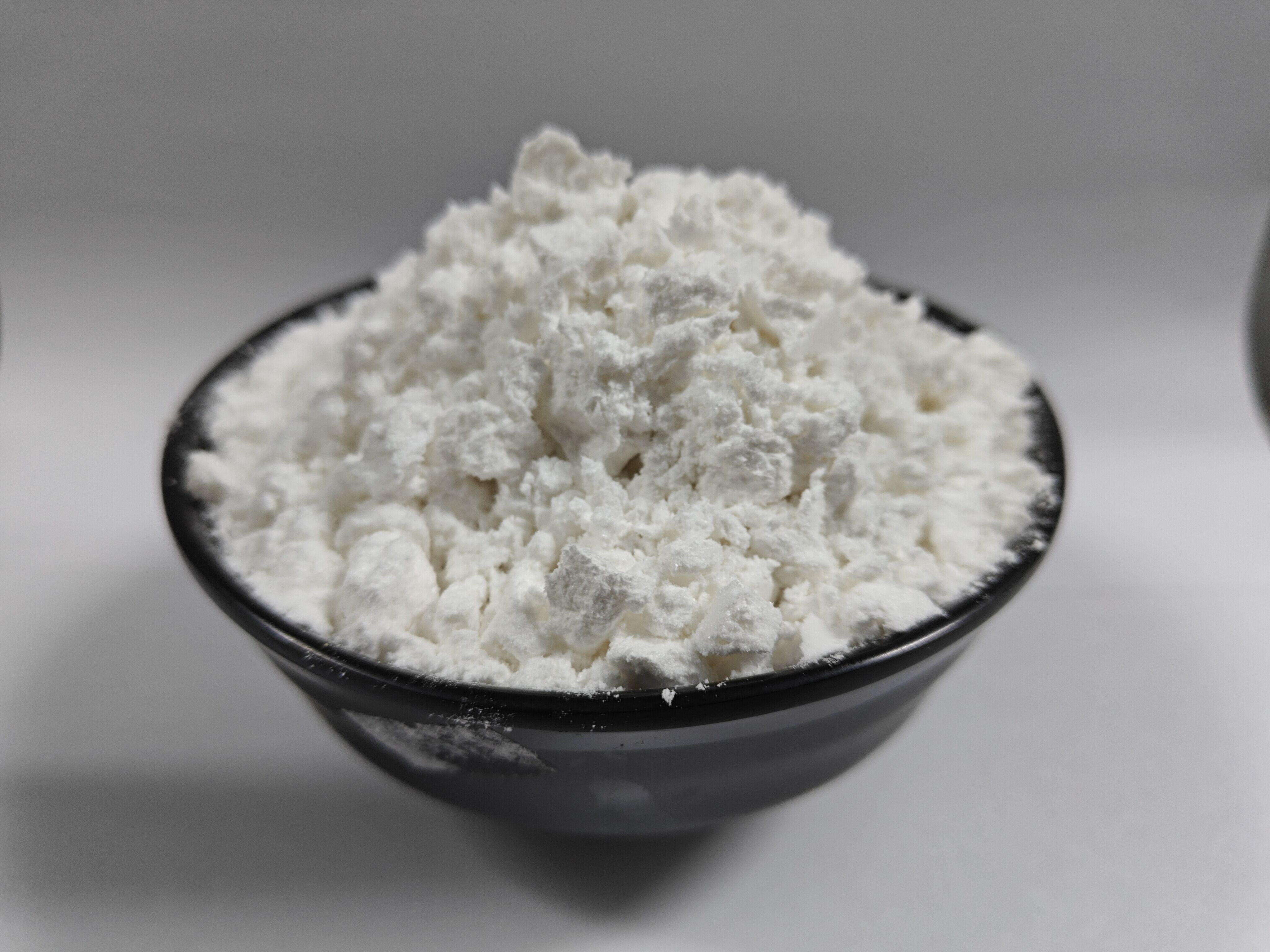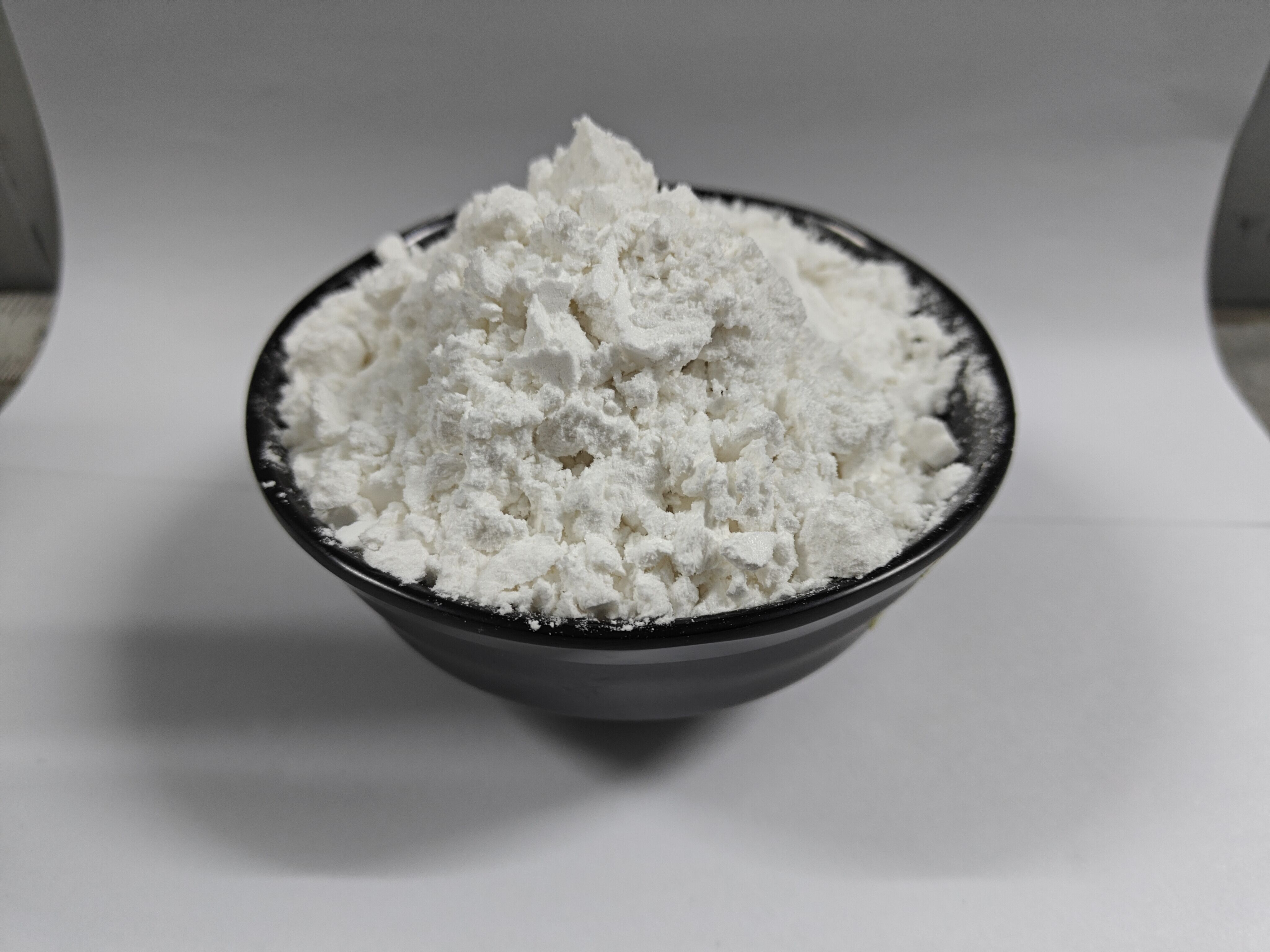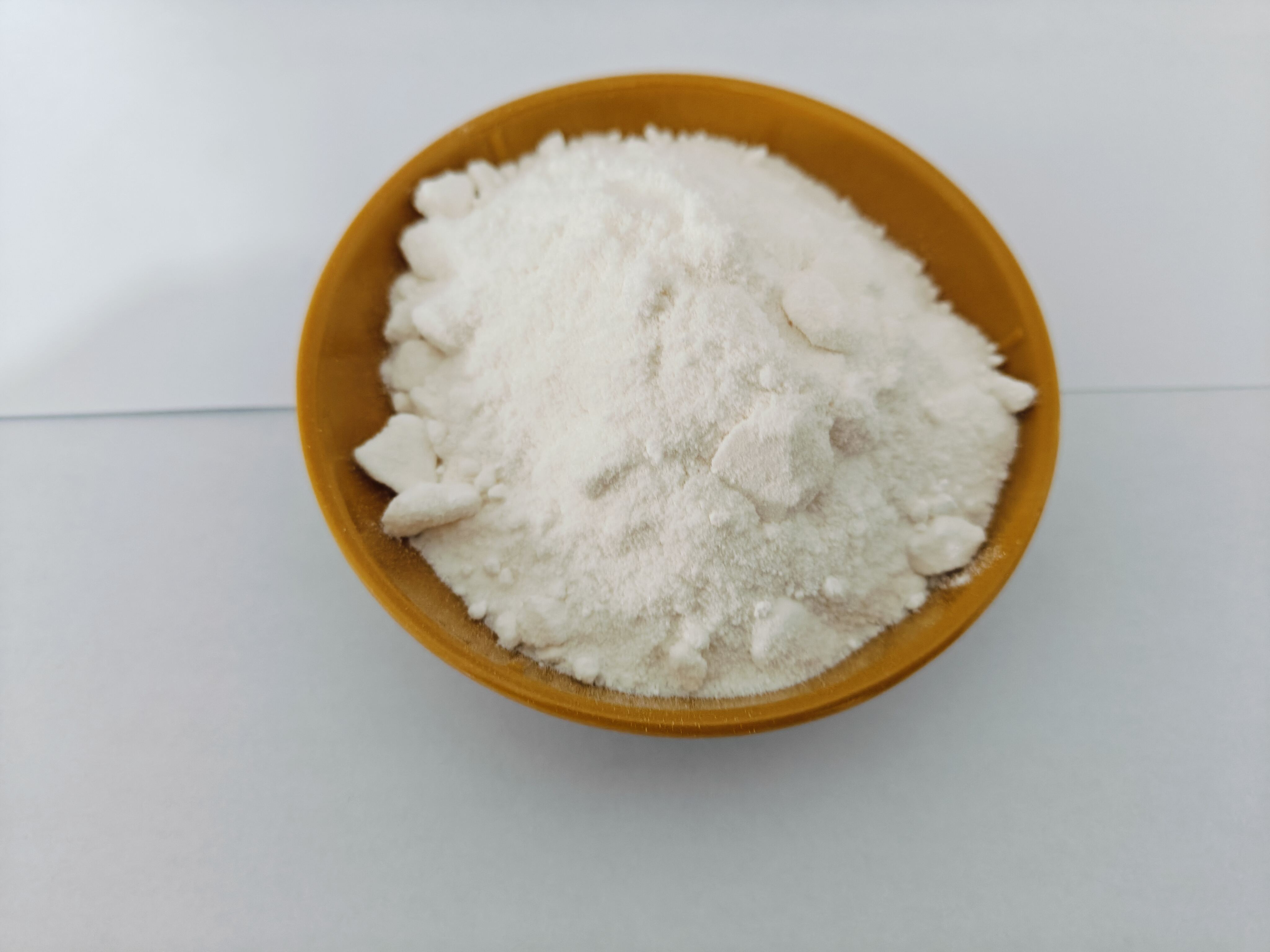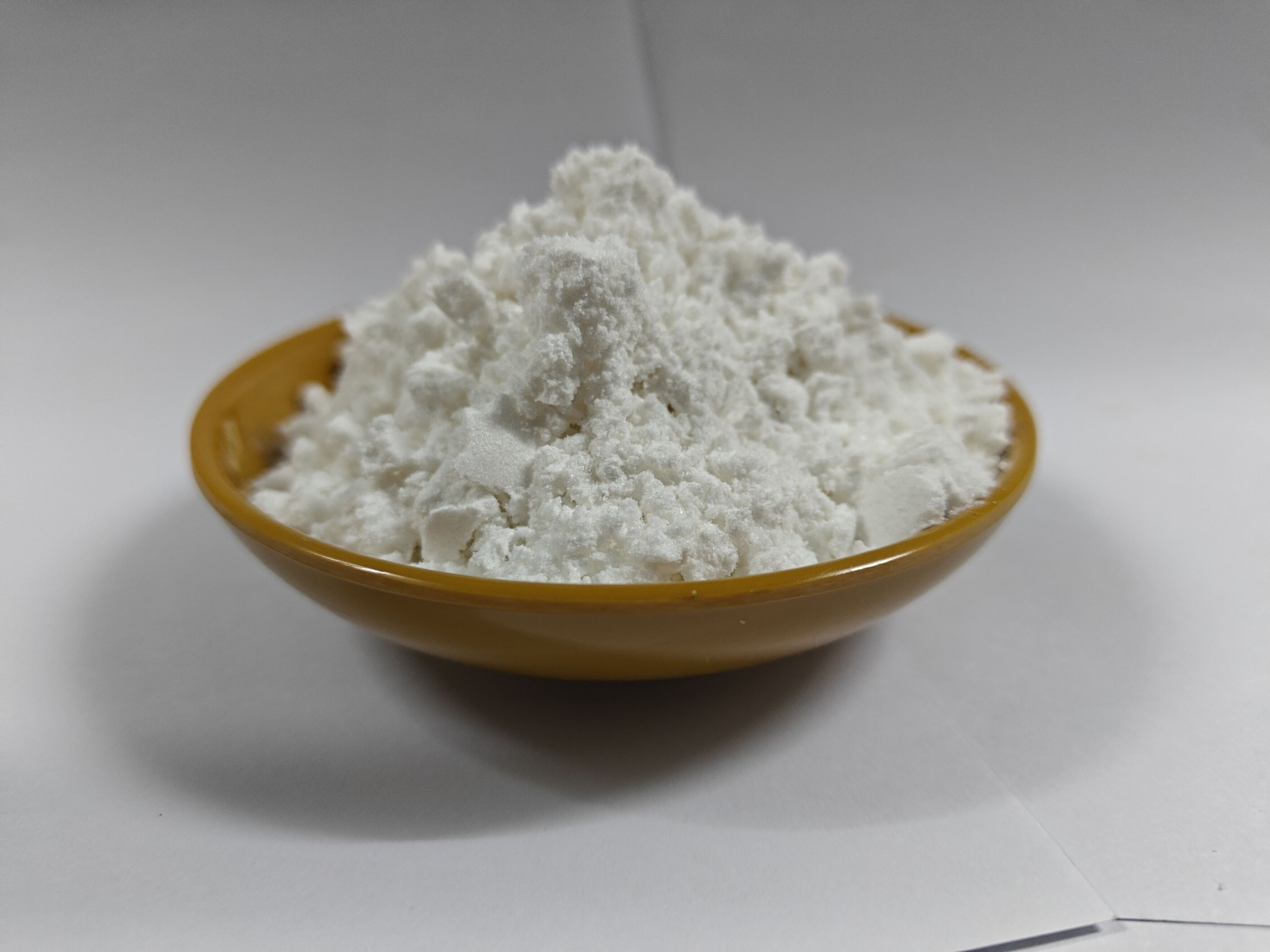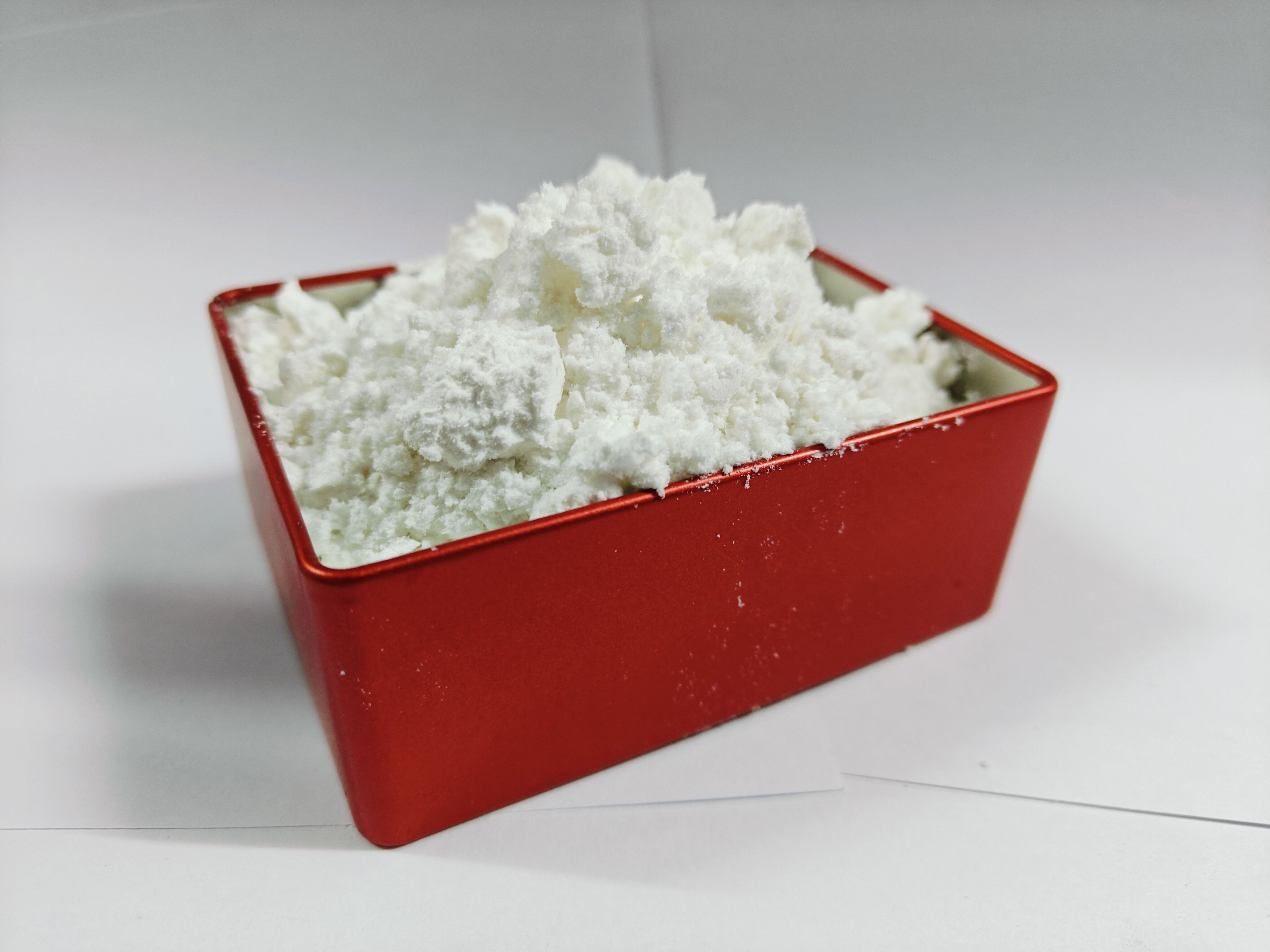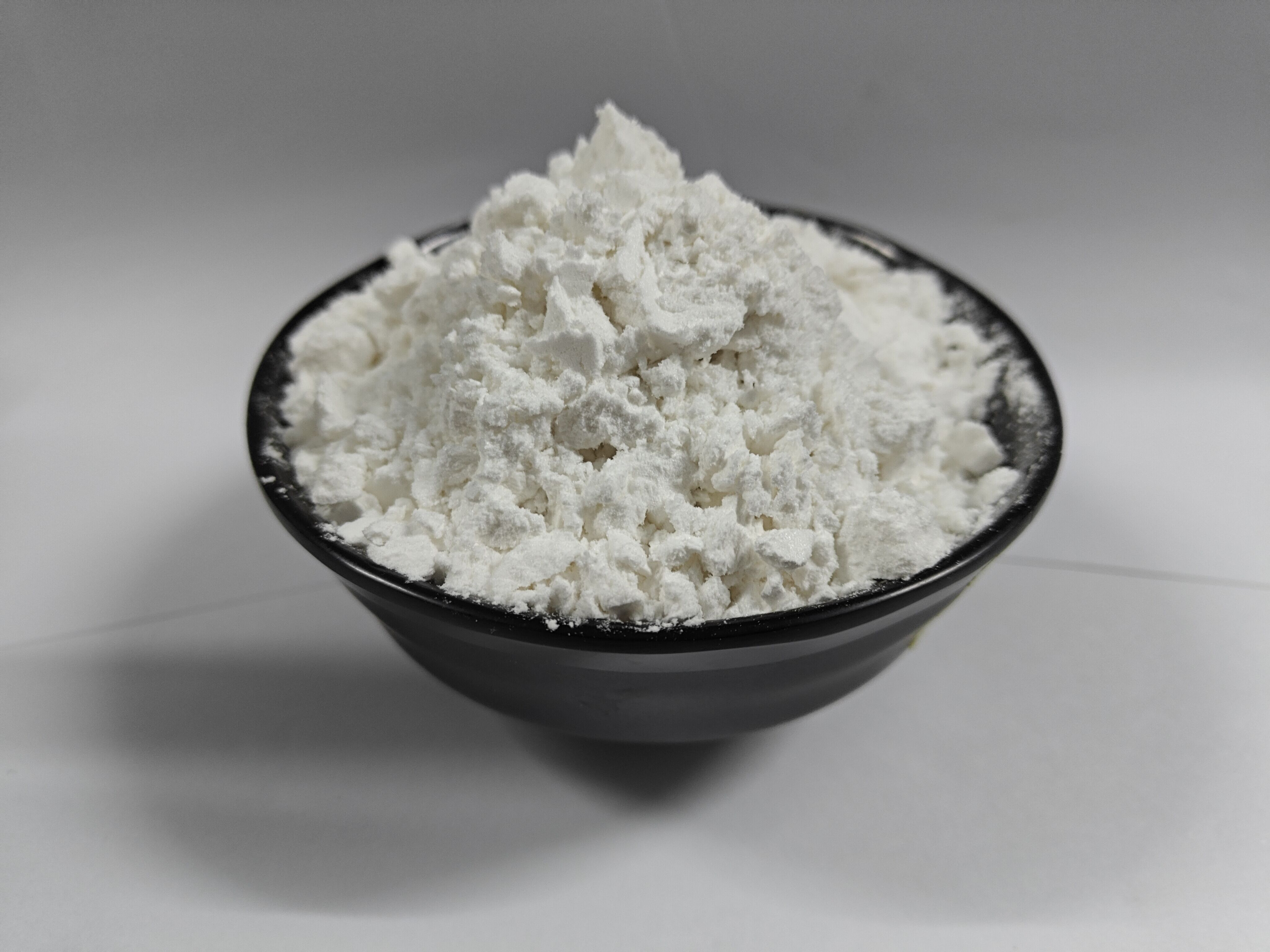nncarbonyldiimidazole
N,N'-Carbonyldiimidazole (CDI) is a versatile chemical reagent widely used in organic synthesis and pharmaceutical manufacturing. This white crystalline compound serves as an efficient coupling agent for the formation of amides, esters, and other carbonyl-containing compounds. CDI functions by activating carboxylic acids through the formation of reactive intermediates, facilitating subsequent reactions with nucleophiles. In pharmaceutical applications, it plays a crucial role in peptide synthesis and the production of various drug intermediates. The compound demonstrates excellent selectivity and produces imidazole as a byproduct, which is easily removable from reaction mixtures. Its stability under normal storage conditions and compatibility with various solvents make it particularly valuable in industrial processes. CDI's mechanism of action involves the formation of an activated acyl imidazole intermediate, which can then react with various nucleophiles to form the desired products. This characteristic makes it an indispensable tool in both research laboratories and industrial settings, particularly in the development of new pharmaceutical compounds and fine chemicals.

